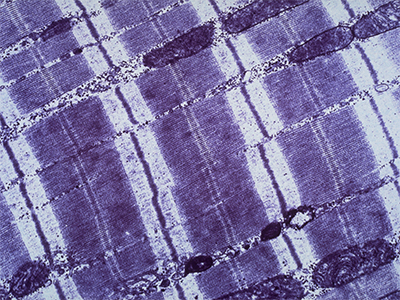Friedreich’s Ataxia (FA) is a debilitating rare genetic disorder that causes progressive nervous system damage and movement problems. Often starting in childhood, the early symptoms include difficulty walking, poor balance, and slurred speech. Over time, people with the condition can lose sensation in their arms and legs, have problems writing and picking up objects, and experience vision and hearing loss. Many people with FA eventually need to use a wheelchair and develop life-threatening heart problems. It’s the most common form of inherited ataxia — loss of muscle control — in the U.S., affecting about one in 50,000 people.
With no current treatment options for the condition, the Friedreich’s Ataxia Research Alliance (FARA), other patient advocacy groups, and the FA patient community are working closely with scientists to help better understand the disease and to hasten development of potential therapies. Pfizer scientists in collaboration with researchers in the UK have made recent advances in developing a new biomarker to help monitor the disease’s progression. For scientists developing drugs, a biomarker is a clue, or piece of evidence (such as enzyme levels or heart rate), that can help measure how a patient responds to a medicine.
